Russia, with its vast expanse of fertile land, possesses significant agricultural potential. However, the sector faces a range of challenges, including climate variability, outdated infrastructure, and geopolitical factors.
Key Agricultural Products
- Grain: Russia is one of the world’s leading wheat exporters, with vast wheat fields, particularly in the southern regions.
- Oilseeds: The country is a major producer of sunflower seeds, used for oil production and food consumption.
- Potatoes and Vegetables: Russia produces a wide range of vegetables and potatoes, especially in the central and western regions.
- Meat and Dairy: The livestock industry, including cattle, pigs, and poultry, is a growing sector.
Challenges Facing Russian Agriculture
- Climate Variability: Russia’s climate is characterized by extreme weather conditions, including droughts, floods, and harsh winters, which can significantly impact agricultural production.
- Outdated Infrastructure: Many agricultural regions lack modern infrastructure, such as irrigation systems and storage facilities.
- Soil Degradation: Years of intensive agriculture have led to soil degradation in some areas.
- Geopolitical Factors: Geopolitical tensions and sanctions can impact the import and export of agricultural products.
Government Support and Reforms
The Russian government has implemented various policies to support the agricultural sector, including:
- Subsidies: Providing subsidies to farmers to offset production costs and encourage investment.
- Infrastructure Development: Investing in infrastructure, such as irrigation systems and transportation networks.
- Technological Innovation: Promoting the adoption of modern agricultural technologies, such as precision agriculture and biotechnology.
- Export Promotion: Supporting the export of agricultural products to international markets.
The Future of Russian Agriculture
Despite the challenges, the Russian agricultural sector has the potential to become a major global player. By addressing issues such as climate change, infrastructure development, and technological innovation, Russia can enhance its agricultural productivity and competitiveness.
The future of Russian agriculture will depend on a combination of factors, including government policies, technological advancements, and global market trends.
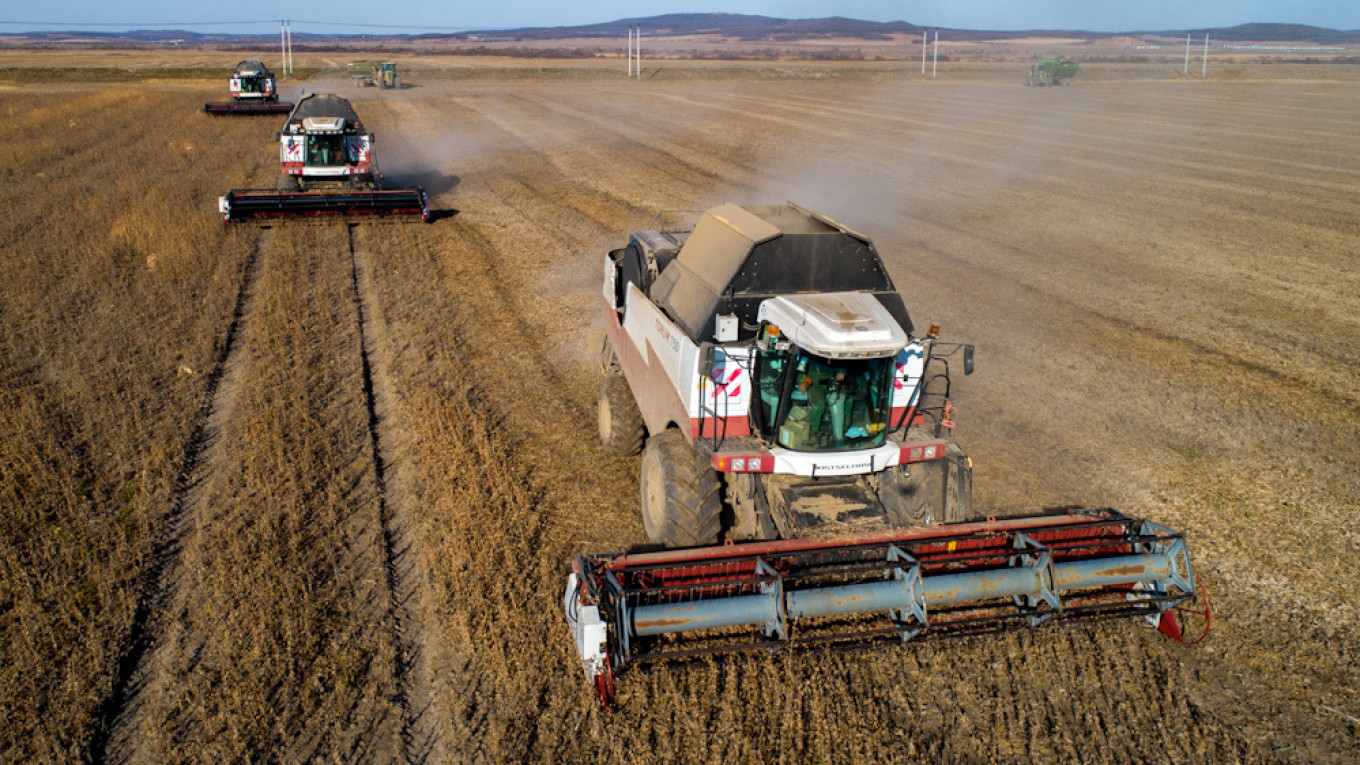
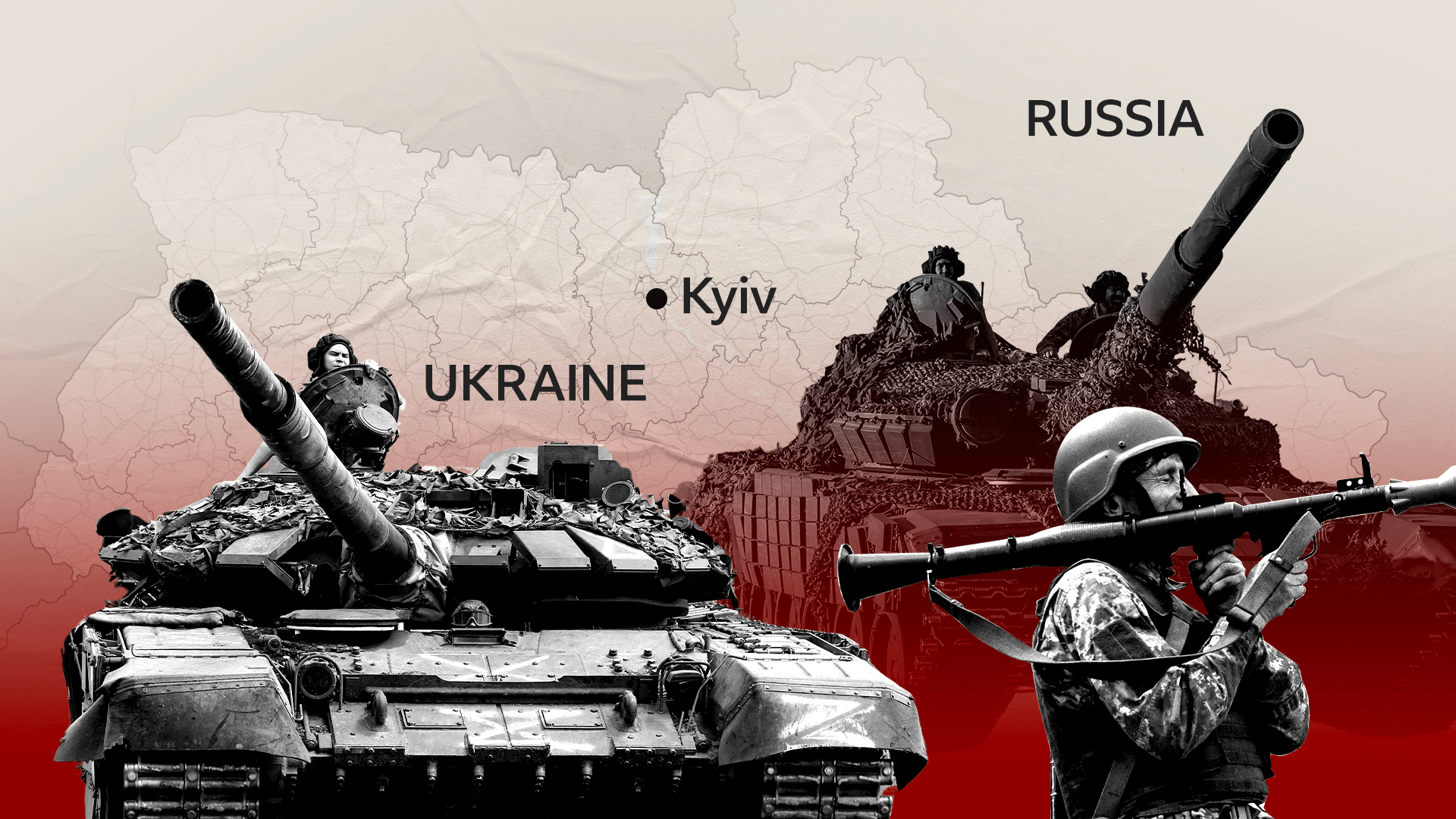

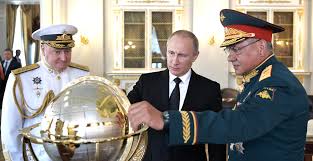

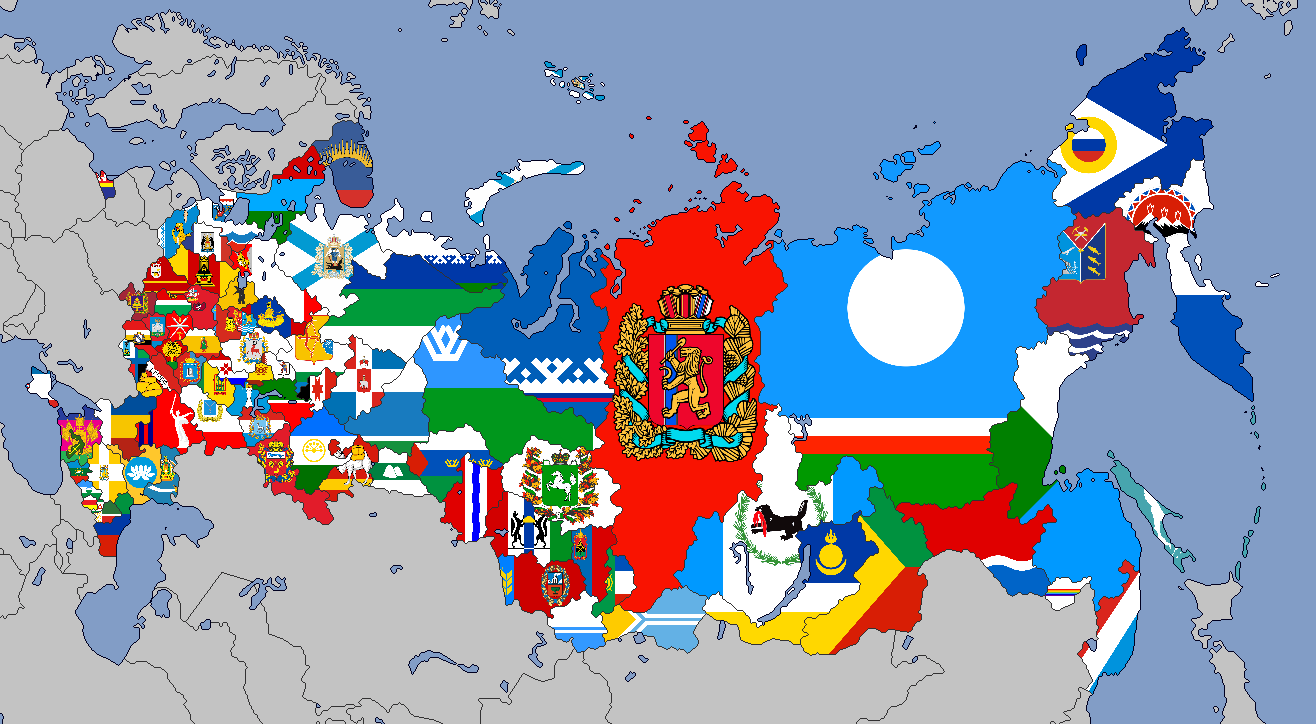
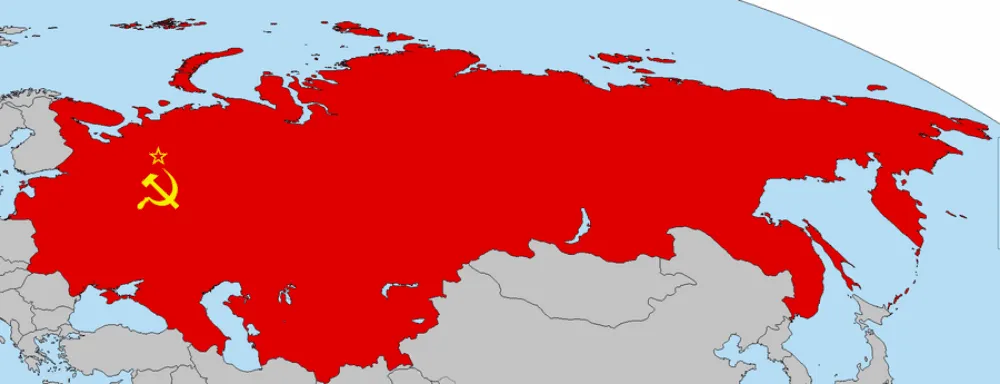
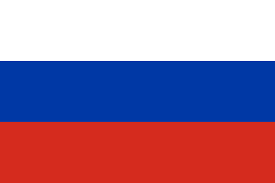
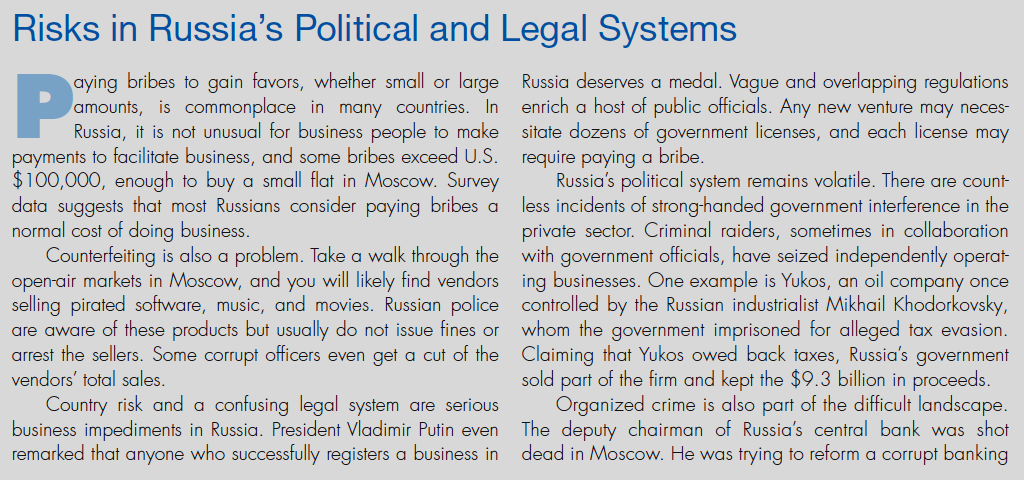

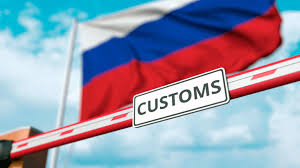
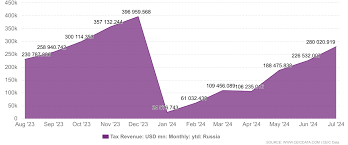
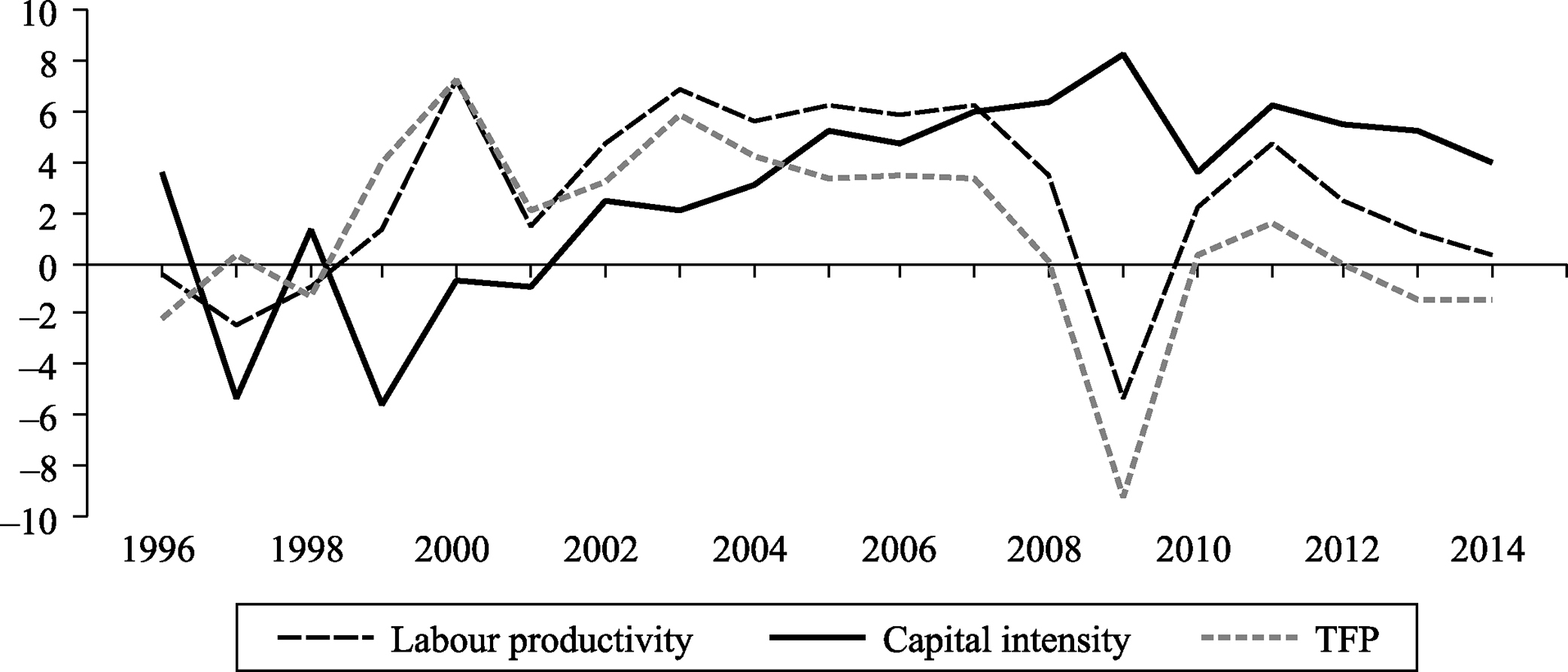
Leave a Reply